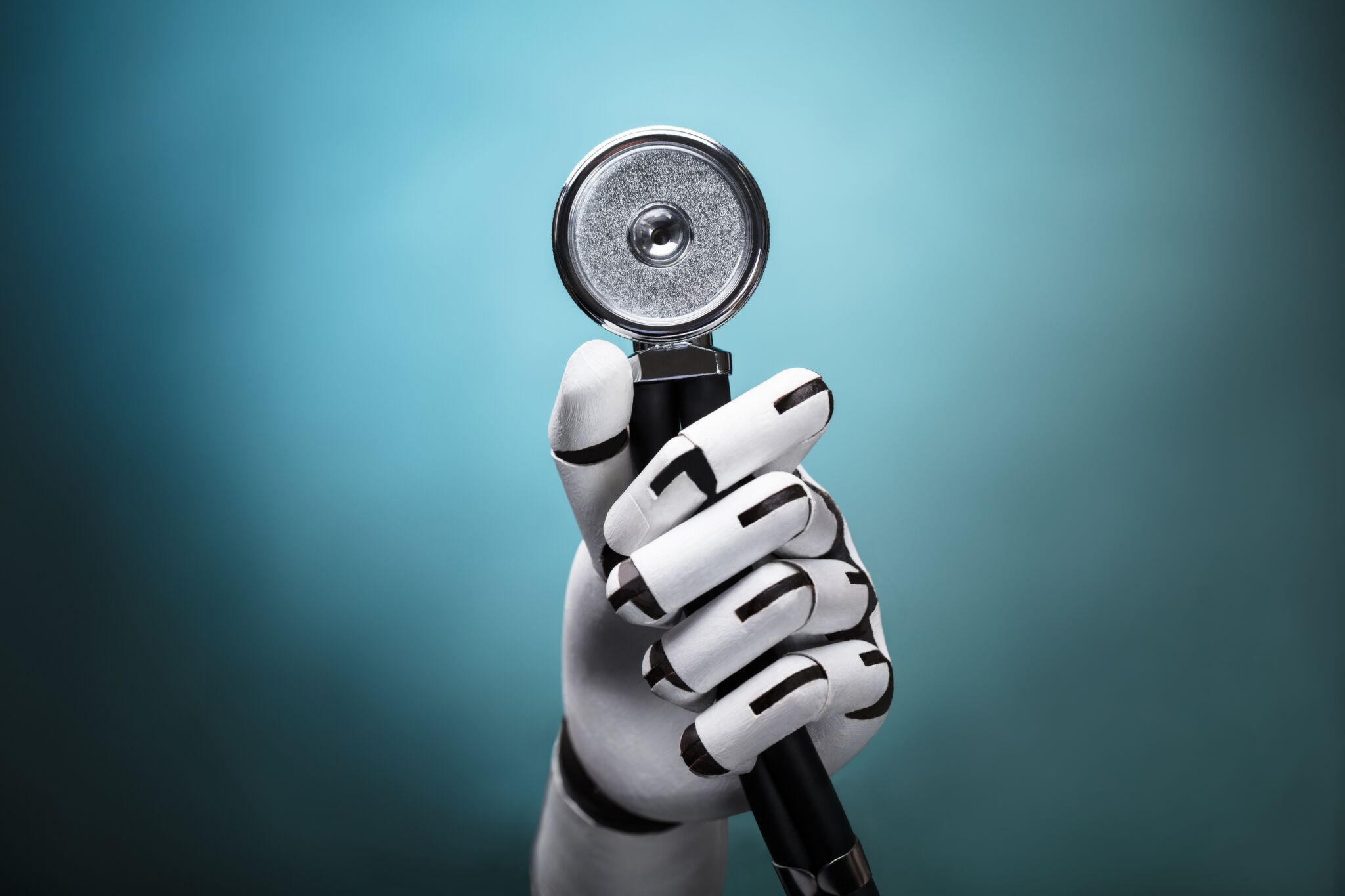
Is AI everything many people have it cracked up to be? That probably depends on whom you ask.
According to Andreas Scherer, for example, CEO of computer software developer Golden Helix, we can undoubtedly expect a lot from AI, if, that is, it’s implemented correctly.
Writing recently at Bio-IT World, Scherer points first to an array of exciting applications for AI in healthcare, including:
“Robotic surgery: Supporting surgeons in applying robotic surgery techniques by providing better control and optimizing patient outcome by analyzing data from previously conductedsurgeries as part of an ongoing learning effort.
Nursing assistance: Monitoring vital patient data and providing the ability to detect patterns early that potentially warrant a medical intervention.
Medical imaging: Radiology and pathology are being disrupted by accurate labeling of 2D and 3D images and scans by highly trained algorithms. This improves efficiency and broadens access to underserved rural regions.
Diagnostics and predictive analytics: Medical decisions that require complex analysis have a significant opportunity to reach their full potential. For example, prediction systems can be builtfor common diseases based on personal and environmental factors.”
In general, Scherer says, given the importance of data in healthcare it’s not surprising that there are some prime opportunities. Nonetheless, we must be careful in our implementation approach.
Among the “watch-outs,” he says, are:
“Human Supervision: Particularly for an emerging fields such as precision medicine, it is crucial that however advanced the system, medical experts have final control over the diagnosis. Even in the most data-driven application areas, AI technologies will not replace diagnostic decisions making by humans any time soon.
Reproducibility: AI-based systems must be built such that any output can be verified as the diagnostic process unfolds. It is crucial that the systems can be verified at any evolutionary stage.
Data Privacy: We have to put careful safeguards in place that don’t allow de-anonymization of personalized information. Some AI technologies have very powerful obfuscation capabilities that could be used for this purpose.”
In the end, says Scherer, “use of Artificial Intelligence in the healthcare sector is inescapable, (but) the burden falls on technology companies to leverage these technologies with care.”


